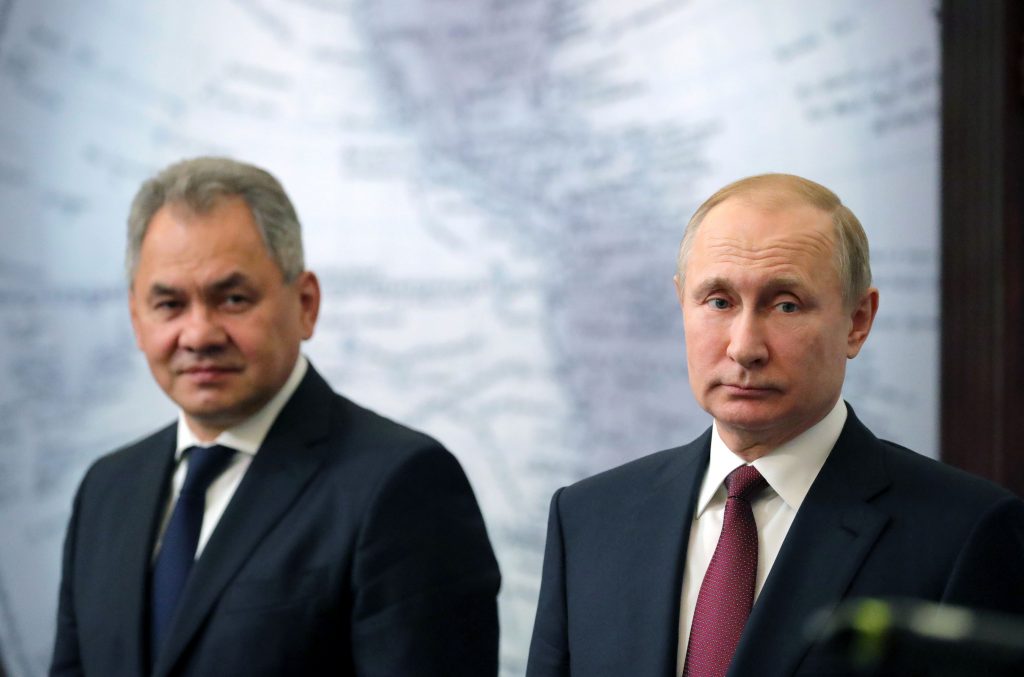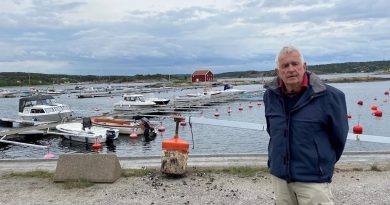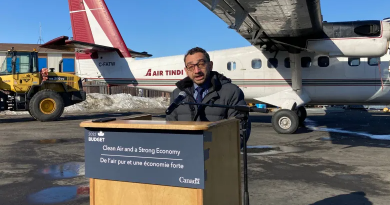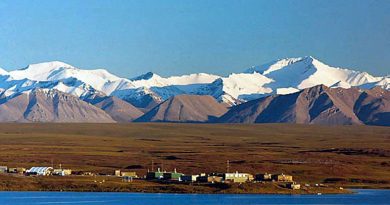Teen researchers tell Putin Russia’s ice sheet is quickly melting

In a presentation for the Russian President, two young students describe how new islands are appearing along the coast of Novaya Zemlya as the archipelago’s great glaciers are retreating.
“At the moment, there is a comprehensive climate change going on in the Arctic,” Valeria Saenko and Artyem Makarenko underlined in Friday’s session in the Russian Geographical Society. Both of them school kids, they have spent four years on a study of the glaciers of Novaya Zemlya.
In the presence of President Putin, Defense Minister Sergey Shoigu and several more prominent guests, the two youngsters described how a number of new islands now are being uncovered by the ice.
“Comrade President, allow us to report that the territory of Russia has increased by 290 thousand square kilometers,” Valeria Saenko underlined.
Based on satellite data
The students have had access to 65 years of satellite images taken by state space agency Roskosmos and they have focused especially on the glacier of Vize on the northern of the archipelago’s two main islands.
The conclusion of the two young researchers is clear; the glaciers of the archipelago are quickly degrading.
In 2016, the speed with which the glaciers retreated was three times faster compared with the previous 15 years, and six times faster compared with the years of the last half of the 20th century, Saenko and Makarenko made clear.
During the meeting, Putin tried to hint that there are also places in the Arctic where the ice and snow layers are getting thicker, but won little support from the two researchers.
Receding ice reveals islands
Like around Novaya Zemlya, also in the archipelago of Franz Josef Land there are now a number of new islands appearing in the wake of retreating glaciers, Saenko and Makarenko underlined.
According to the two students, the study shows that the glaciers melt faster on the western side of Novaya Zemlya than on the eastern side.
More islands and straits will soon appear and there is need for a new system of registration of the new land, Saenko and Makarenko argue. There should be an organization which records and recognizes new discoveries, they proposed to Putin.
The archipelago of Novaya Zemlya has among the biggest glaciers of the Arctic. About 20,000 square km of archipelago is covered by ice.
Related stories from around the North:
Canada: Loaded with more mercury than previously thought, permafrost thaw could be a ticking time bomb, Radio Canada International
Finland: While West and Russia feud, council of hobbits quietly saves North, Blog by Timo Koivurova
Greenland: Greenland earthquake and tsunami – hazards of melting ice?, Deutsche Welle’s Iceblogger
Norway: February Arctic sea ice at a record low in 2018, The Independent Barents Observer
Russia: On thin ice, North Pole camp folds after only 12 days, The Independent Barents Observer
Sweden: Climate change hinders residential constructions in Sweden, Radio Sweden
United States: Arctic: Record ice-loss, highest melt rate in 1,500 years, Radio Canada International



